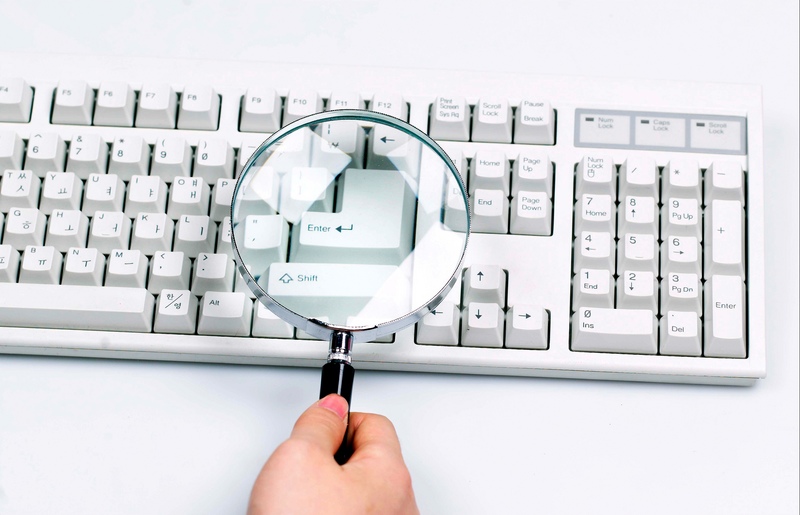Content should never be published without a thorough proofread or five.
Proofreading may be the final stage of content creation but it’s absolutely crucial that it is not overlooked in the rush to get published.
Since content will be going on your blog, another blog for outreach or to a client, proofreading requires your full attention.
With your content published for the world to see, it is imperative it is nothing less than perfect. Wherever the content is destined for, you don’t want shoddy spelling associated with your brand: it looks unprofessional and can repel readers not only from the content itself but your brand as a whole.
With this in mind, when should you most definitely not be proofreading?
When you’re bored
Been proofreading all afternoon? Important as it is, it’s not the most engaging of activities so it can be easy to zone out. Slipping into this mode means you are more likely to skim over large chunks of text, missing even the most obvious typos and grammatical errors as you go.
If you’re easily distracted
If you’re more interested in what the pigeons are getting up to outside or guessing where the planes in the distance are jetting off to, you’re probably not in the right frame of mind for accurate proofreading. Put in your headphones to keep outside distractions at bay or leave the task for another time.
When you’re sleepy
Nothing is going to get done particularly well if you’re sleepy, but being awake and alert is especially important for effective proofreading. If you’re tired you are more likely to fall back on spell check rather than checking things properly yourself. Remember proofreading means making sure all information is accurate as well as reviewing for correct spelling so you need to be fully attentive.
If you’ve just written an article
If you are proofreading your own article, it is best to put your work to one side for a few hours and come back to it later with fresh eyes. That way, you will be more likely to see what you’ve actually written – and pick up typos – rather than remembering the perfect article you meant to write and missing any grammatical blunders.



